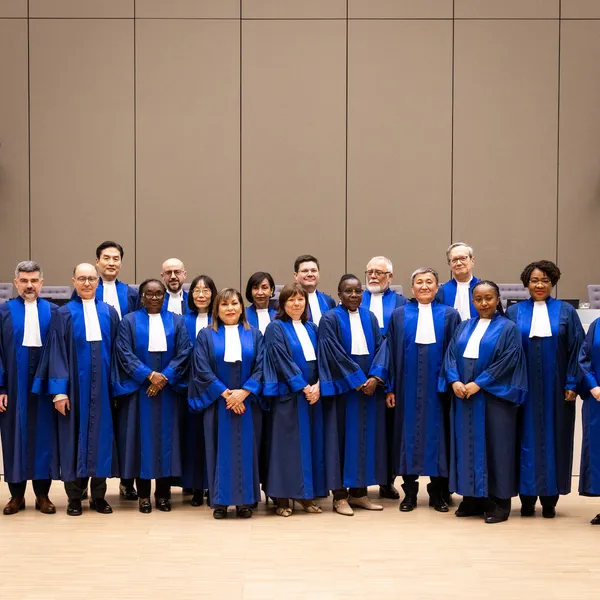It should look into the allegations, not the least to refute the assertion that the court is an instrument of the West.
The International Criminal Court soon faces a big test-a test that could reveal whether it is truly an independent institution.
The Palestinian Authority has asked the court's chief prosecutor, Luis Moreno-Ocampo, to examine if Israel was guilty of war crimes during its recent Gaza operation. Moreno-Ocampo should take a look into the allegations, not the least to refute the assertion that the court is an instrument of the West.
I have been a big supporter of the court and have written in its favor for a decade now, ever since it was being formed. But an article a few months ago in The Nation by Professor Mahmood Mamdani of Columbia University gave me pause. Mamdani insists that the International Criminal Court can be seen as the legacy of a tradition of Western paternalism toward the rest of the world, in some sense displaying a continuity with colonialism. While Mamdani overreaches in his argument and downplays the Bush Administration's opposition to the court (for more on that see my January 2007 piece in The Progressive), he does make some interesting points.
"The fact of mutual accommodation between the world's only superpower and an international institution struggling to find its feet on the ground is clear if we take into account the four countries where the ICC has launched its investigations: Sudan, Uganda, Central African Republic and Congo," Mamdani writes. "All are places where the United States has no major objection to the course chartered by ICC investigations. Its name notwithstanding, the ICC is rapidly turning into a Western court to try African crimes against humanity. It has targeted governments that are U.S. adversaries and ignored actions the United States doesn't oppose, like those of Uganda and Rwanda in eastern Congo, effectively conferring impunity on them."
Mamdani limits his analysis to Africa, not delving into the obvious issue as to whether the International Criminal Court should have considered a case against the Bush Administration for its illegal invasion of Iraq. (In fact, Roger Cohen points out in a New York Times column that Moreno-Ocampo rejected pleas to try British forces in Iraq.)
Mamdani exposes a basic structural flaw with the International Criminal Court: The U.N. Security Council can refer cases to the court (even regarding a non-signatory) or, conversely, block any such attempts. This gives an inordinate amount of clout to the five permanent members, including the three Western powers. This explains to a large extent the hesitance of the court's chief prosecutor to take on the West or its allies.
In the case of Israel, Moreno-Ocampo faces a number of legal and procedural hurdles. Israel is not a signatory to the court. And the very legitimacy of the Palestinian Authority is in question, especially after Hamas's takeover of Gaza. Nevertheless, Moreno-Ocampo has indicated-after initially declining the case-that he is considering whether to go ahead, possibly including a review of any war crimes that Hamas may have committed.
The Obama Administration has already signaled its approval of the International Criminal Court. U.S. Ambassador to the U.N. Susan Rice two weeks ago called the court "an important and credible instrument," indicating that the United States is moving from confrontation toward co-optation.
Now is the time for the International Criminal Court to assert its independence. Opening a case against Israel would be a good start.


